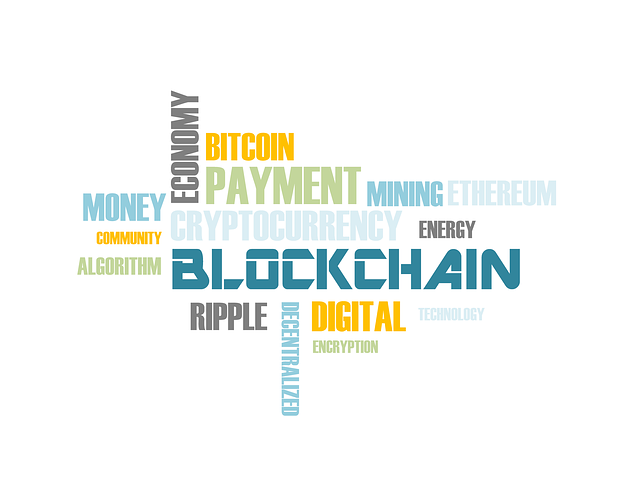
Decentralized exchanges (DEXs) have emerged as a revolutionary force in the realm of cryptocurrency trading, reshaping the landscape and challenging the traditional centralized models. As we delve into the rise of DEXs, it becomes evident that they hold the potential to redefine how crypto assets are bought and sold. In this dynamic environment, where innovation is the driving force, decentralized exchanges are positioning themselves as a cornerstone of crypto trading applications like Immediate Lidex Ai.
The Ascendance of Decentralized Exchanges
Advantages of DEXs
- Enhanced Security: Unlike centralized exchanges that act as custodians of users’ funds, DEXs operate on blockchain technology, providing users with greater control and security over their assets.
- Reduced Counterparty Risk: The peer-to-peer nature of DEXs eliminates the need for an intermediary, reducing the risk of hacking or other security breaches associated with centralized platforms.
- Global Accessibility: DEXs facilitate global participation in crypto trading without geographical restrictions. This inclusivity opens up new avenues for investors around the world.
- Privacy and Anonymity: Users on DEXs often enjoy a higher level of privacy, as transactions occur directly between participants, minimizing the need for disclosing personal information.
Challenges in the Decentralized Realm
- Liquidity Concerns: Some DEXs struggle with liquidity, making it challenging for users to execute large trades without experiencing significant price slippage.
- User Experience: The user interfaces of certain DEXs may not be as intuitive as their centralized counterparts, posing a barrier for newcomers to the crypto space.
- Regulatory Uncertainty: The decentralized nature of these exchanges raises questions about regulatory compliance, creating a degree of uncertainty in the ever-evolving regulatory landscape.
Notable Projects Shaping the Future
Uniswap: The Pioneer of Automated Market Making (AMM)
Uniswap has played a pivotal role in popularizing the concept of Automated Market Making (AMM), enabling users to swap various Ethereum-based tokens seamlessly. Its decentralized nature and user-friendly interface have contributed significantly to the rise of DEXs.
SushiSwap: Community-Driven DeFi
SushiSwap stands out as a decentralized exchange and yield farming platform that is community-driven. With features like staking and providing liquidity, it adds a layer of gamification to the trading experience, encouraging user participation.
PancakeSwap: A Binance Smart Chain Contender
Built on the Binance Smart Chain, PancakeSwap offers an alternative to Ethereum-based DEXs, providing users with lower transaction fees and faster confirmation times. This approach has attracted a significant user base seeking efficiency and cost-effectiveness.
The Road Ahead
Decentralized exchanges are undoubtedly making waves, but their journey is not without challenges. Overcoming issues of liquidity, enhancing user experience, and navigating regulatory hurdles are critical for the sustained growth of DEXs.
As we look ahead, it’s apparent that the future of trading may well be decentralized. The technology underpinning DEXs continues to evolve, promising further improvements in scalability, speed, and user experience. The crypto trading application is not just a tool; it’s a gateway to a more inclusive and decentralized financial ecosystem.
READ ALSO: Leveraging the BitAI Method: A Path to Increased Income
In conclusion, while challenges persist, the rise of decentralized exchanges marks a transformative moment in the crypto landscape. As these platforms innovate and address existing limitations, their impact on the broader financial ecosystem will likely become even more profound.

